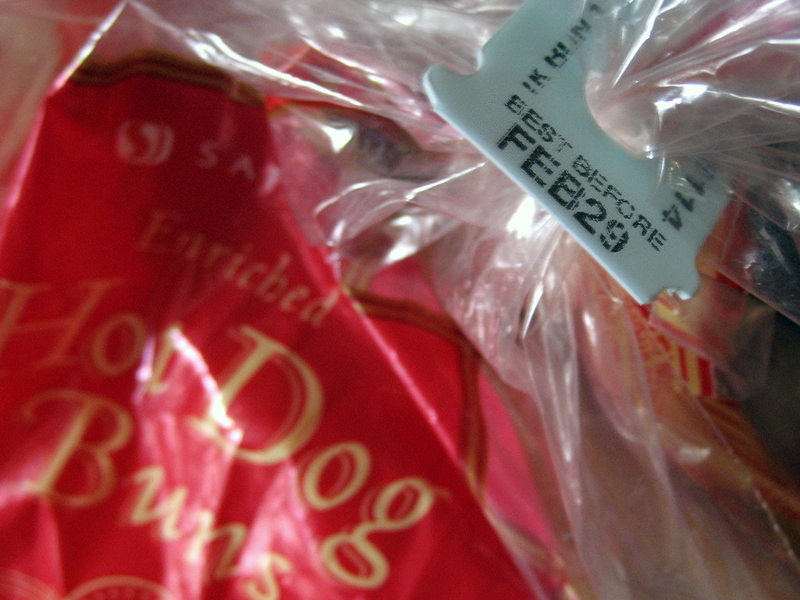Food expiration dates around the world are not backed by science and are contributing to unnecessary food waste. Stopping food waste is top of mind right now during the COVID-19 global pandemic. Especially because the public worries about our food supply chains. Even before COVID-19, Food and Agriculture Organization of the United Nations (FAO) issued a global call for zero tolerance on food waste.
According to the USDA
A lack of regulation, standardization, and general understanding of date labeling on food products leads to billions of dollars per year in food waste in the United States. Many people still don’t realize that date labels on food products are entirely at the manufacturer’s discretion. They are not supported by robust scientific evidence. (A notable exception: baby formula.) Food expiration dates are the manufacturer’s best guess based on taste or quality.
Americans throw away about 133 billion pounds of food each year. That’s worth $161 billion and a 31% loss of food at the retail and consumer level. About 90% of Americans say they are likely to prematurely discard food because they misinterpret date labels because of food safety concerns or uncertainty on how to properly store the product. This simple confusion accounts for 20% of the total food waste in the United States, representing more than 26 billion pounds per year and over $32 billion in food waste.
A Better Way to Label Foods?
Researchers wanted to know the scientific way to label foods. Maybe manufacturers can label products in a better way. So, to address that food quality and waste concern and to combat global food waste, researchers at the University of Maryland have come together across departments in the College of Agriculture & Natural Resources with the goal of clarifying the science (or lack of it) behind date labeling on food items.
Using the Maryland researches skills in experimental and mathematical modeling work, they aim to scientifically evaluate the quality characteristics, shelf life, and food spoilage risk of different food products. A uniform labeling scheme would help determine if the food products are of good quality beyond the mentioned dates, rather than discarding them prematurely.
Ultimately, researchers want to give consumers more information to reduce food waste.
Reference
Evaluation of global research trends in the area of food waste due to date labeling using a scientometrics approach. Debasmita Patra et al. Food Control, Volume 115, September 2020, 107307, https://doi.org/10.1016/j.foodcont.2020.107307.
WHAT TO READ NEXT:



